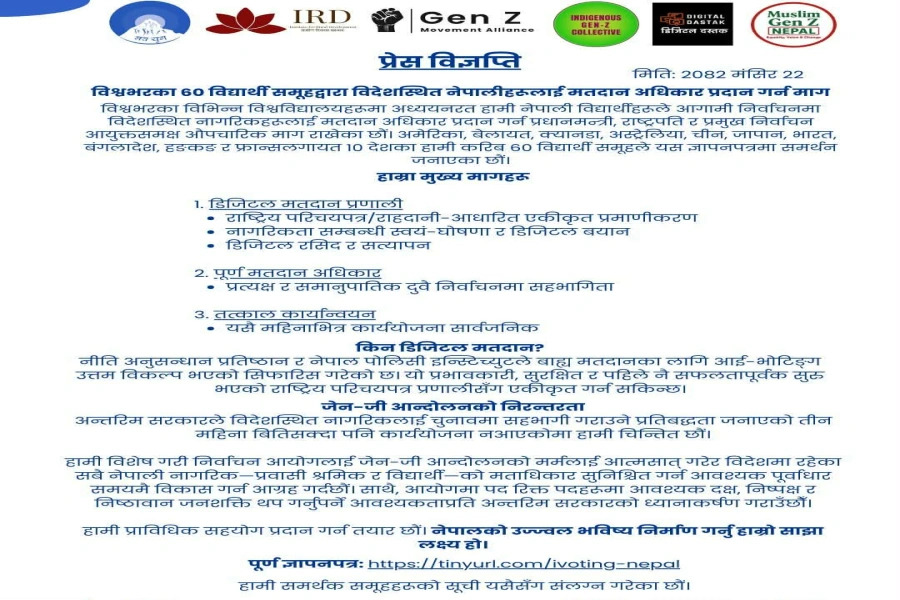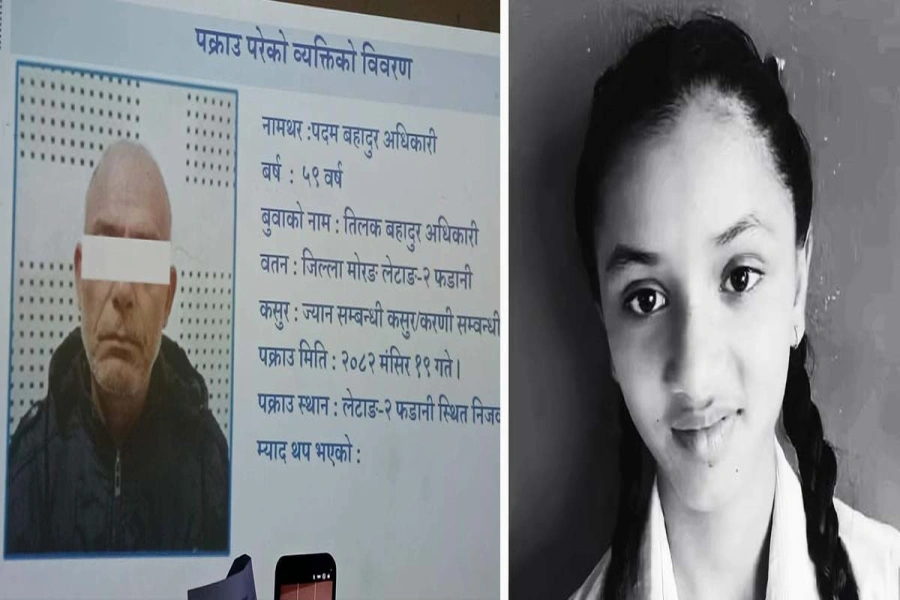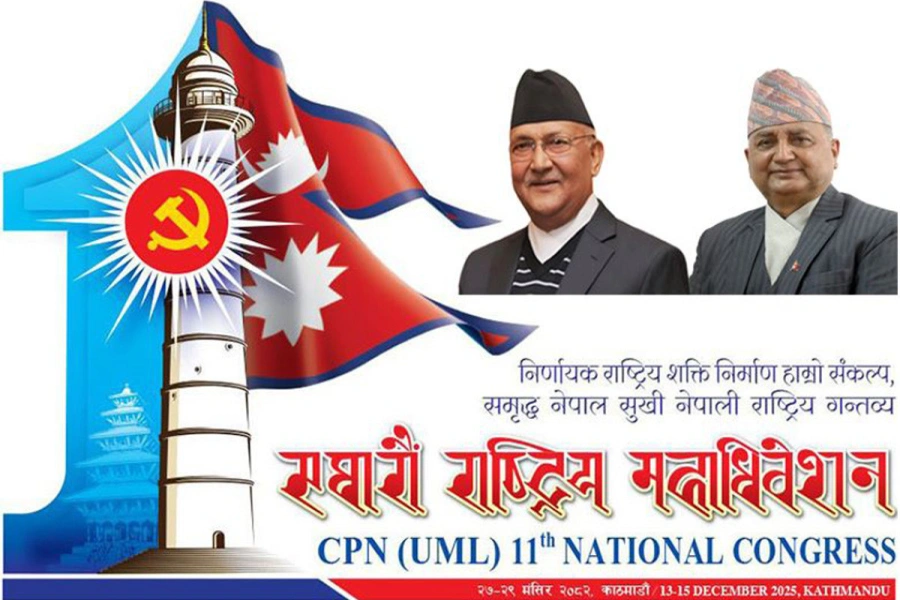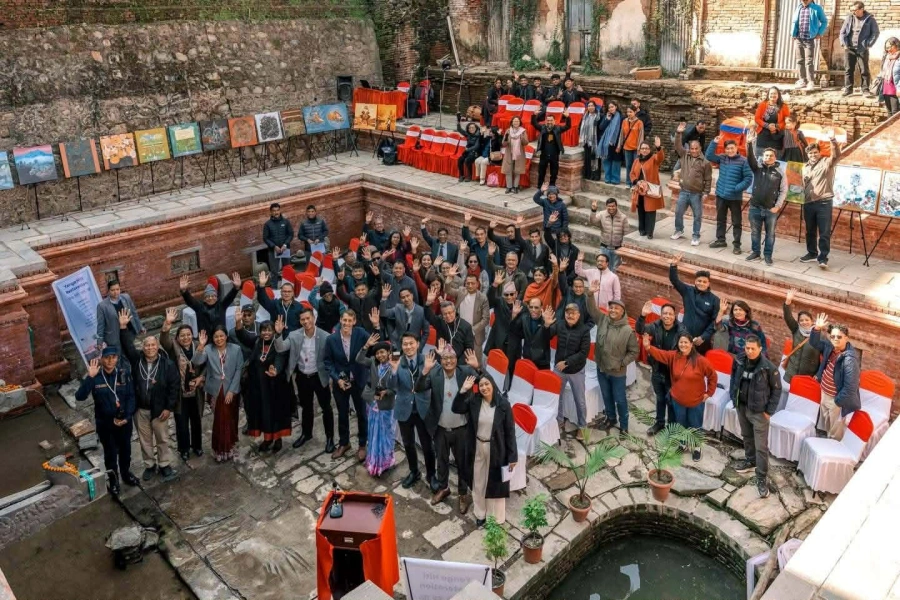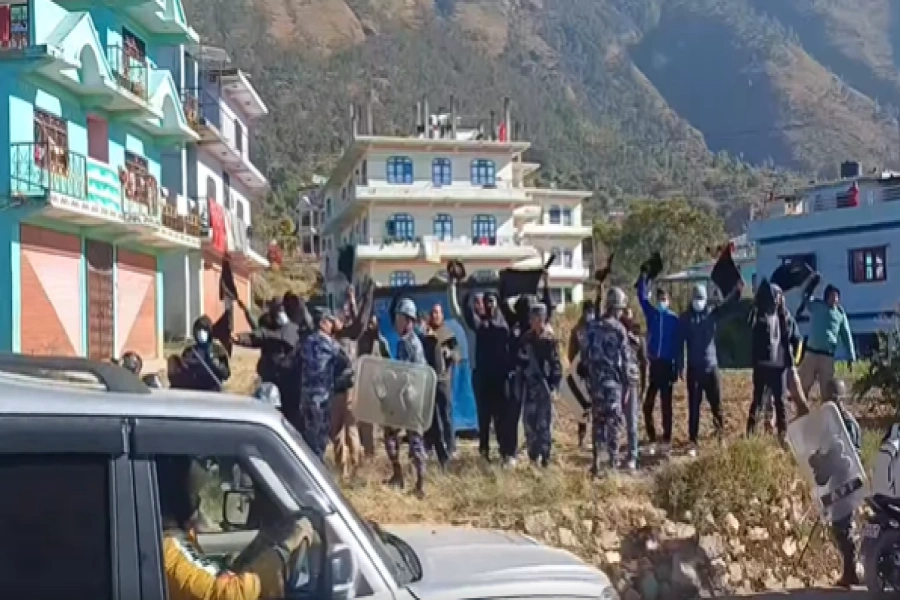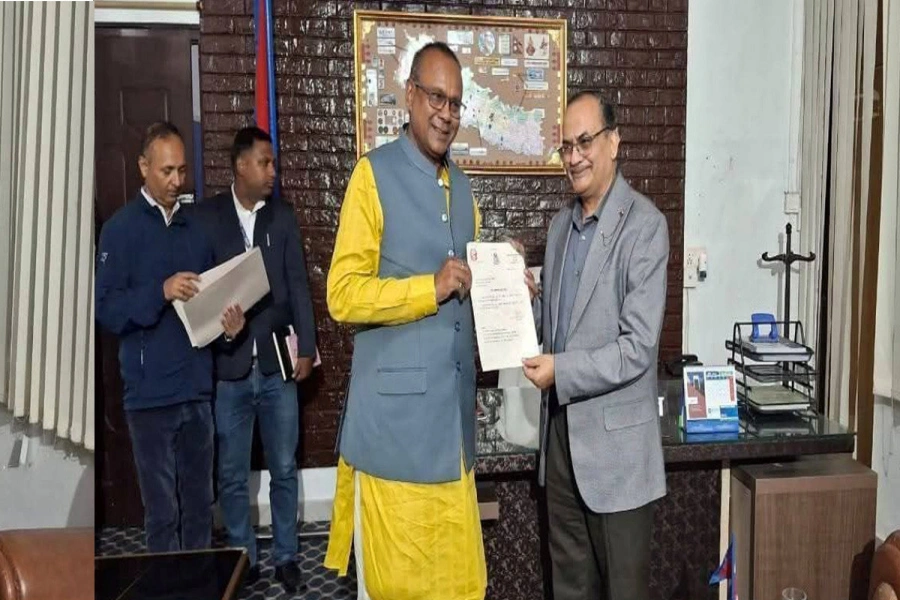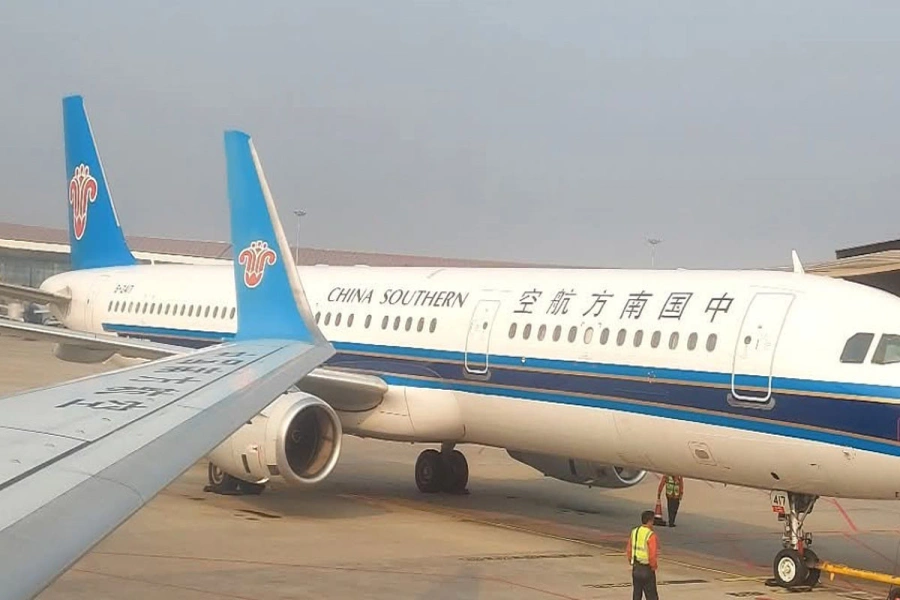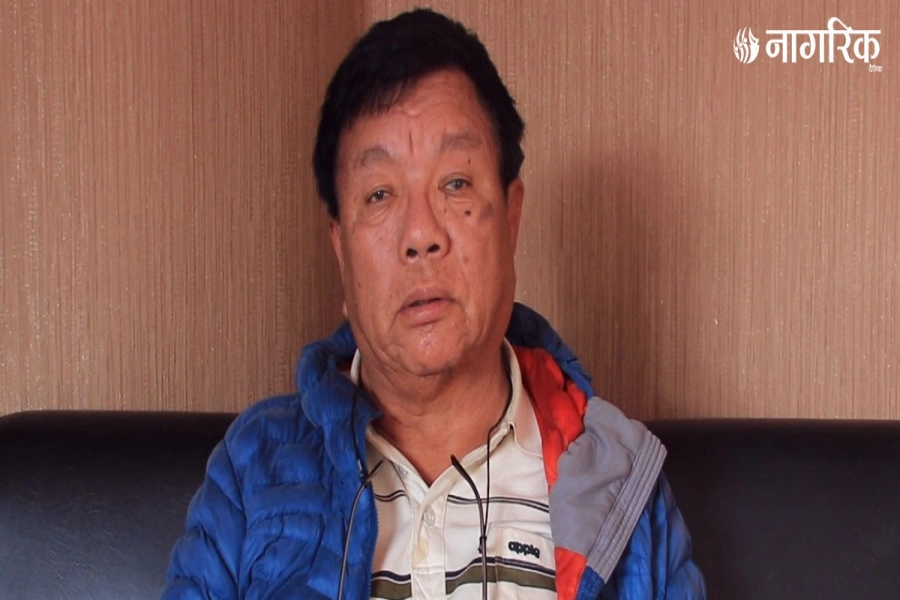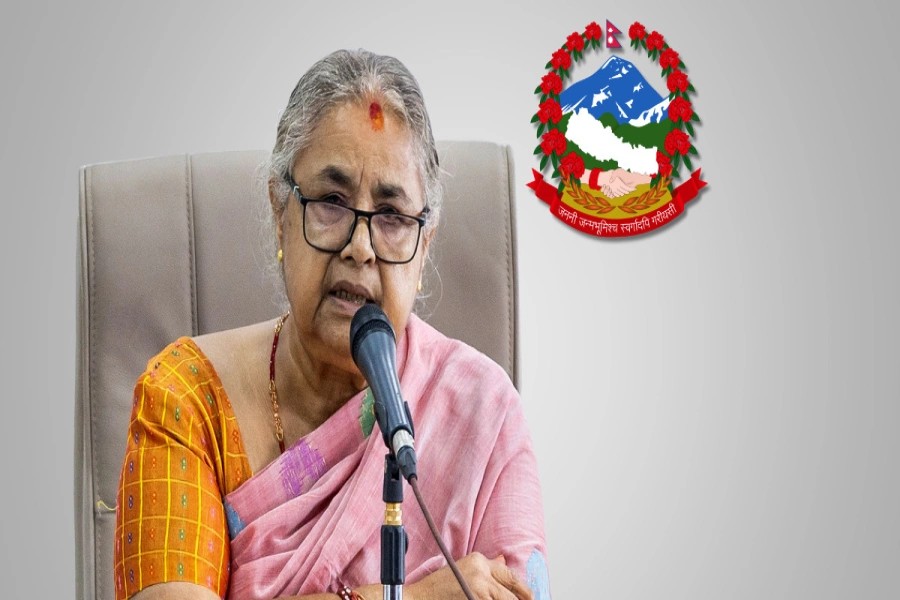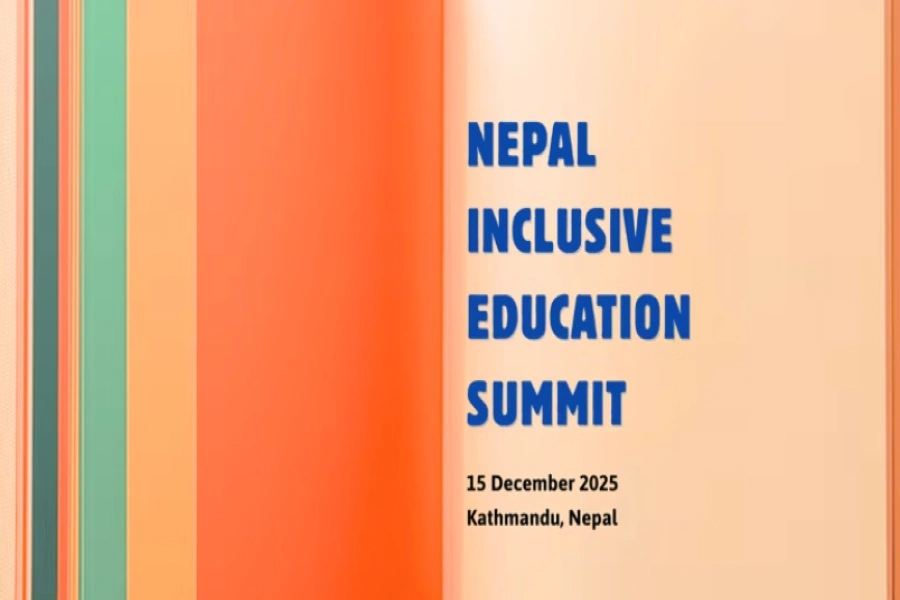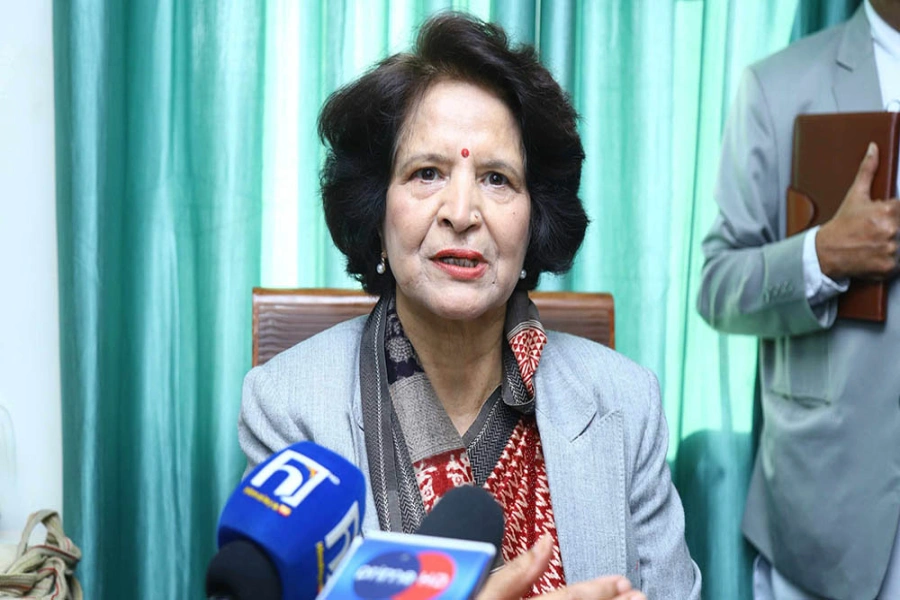KATHMANDU, May 8: A national seminar on "Shaping Nepal's Future: Prospect and Roadmap for Feminist Foreign Policy" organized in the capital on Tuesday delved into exploring the integration of Feminist Foreign Policy (FFP) into Nepal's diplomacy.
The seminar, organized by the Centre for Social Innovation and Foreign Policy (CESIF) with support from the Australian Embassy in Nepal, The Asia Foundation, and UNDP, brought together a diverse array of stakeholders, from policymakers to civil society leaders, to deliberate on fostering a more inclusive and equitable foreign policy framework for Nepal. It aimed to explore ways to integrate FFP principles into Nepal’s foreign policy framework to make it more inclusive and equitable and examine how the feminist approach can enhance Nepal’s presence in international forums.
Addressing the event as a keynote speaker, Foreign Secretary Sewa Lamsal underscored Nepal’s strides in enhancing gender equality within its domestic landscape while acknowledging the persistent journey towards gender parity, especially in the realm of foreign policy. Outlining Nepal’s national and international commitments to gender equality, she noted, “We are gradually improving women’s representation in Nepal’s executive, legislative, and judicial bodies, as well as in civil services…following continuous advocacy from gender activists and organizations.”
Feminist Foreign Policy and Nepal

Foreign Secretary Lamsal cautioned that they still have a long way to go to attain gender parity and ensure that our Foreign Policy incorporates FFP principles. Further enriching the discourse, former ambassador and a member of the National Assembly Dr Anjan Shakya emphasized the alignment of international mechanisms and Nepal’s constitutional provisions in promoting women’s participation. However, she also spotlighted the existing gaps, particularly in elevating women to high-level positions within Nepal.
In his welcome speech, CESIF’s Executive Chairperson Amb. Vijaya Kant Karna said that the conference aimed to host a collaborative dialogue on mainstreaming the feminist perspective in Nepal’s foreign policy discourse, navigating possible pathways, and devising a roadmap to integrate Feminist Foreign Policy principles into Nepal's foreign policy framework.
The conference witnessed insights from national, regional, and international experts. Following the keynote address, three national, regional, and international experts, respectively, shared their views on different aspects of the FFP. Niha Pandey, a Ph.D. scholar, highlighted Nepal’s unique position to embrace FFP principles, considering its geopolitical dynamics and historical women’s movements.
Dr Simi Mehta, CEO and Editorial Director of the Impact and Policy Research Institute (IMPRI), New Delhi, and Victoria Scheyer, Executive Director of the German Association for Peace and Conflict Studies, contributed perspectives on the evolution of FFP in South Asia and lessons from Germany, respectively.
The second half of the conference that included panel discussions on four different topics formed the crux of the conference, covering diverse themes such as the assessment of FFP in Nepal, feminist voices in modern diplomacy, multisectoral perspectives, and the status and future of the feminist movement in Nepal. Panelists, including policymakers, diplomats, activists, and scholars, offered nuanced reflections and actionable insights to advance the FFP agenda.
In the closing remarks, CESIF’s Research Director Ajaya Bhadra Khanal expressed gratitude to the participants for their invaluable contributions, reiterating the conference’s significance in catalyzing a paradigm shift towards feminist-informed foreign policy in Nepal.



